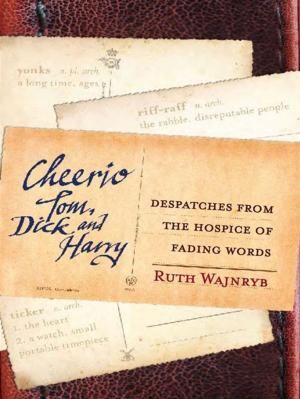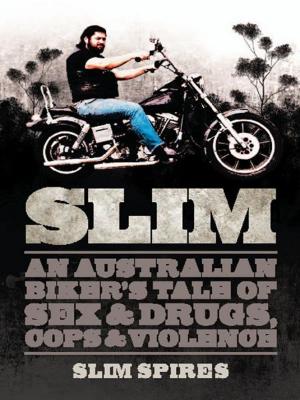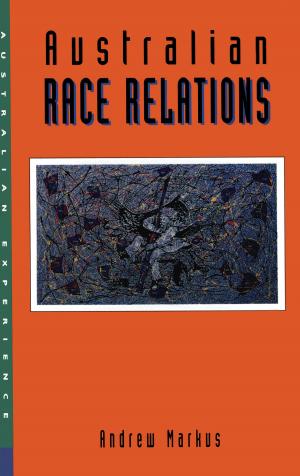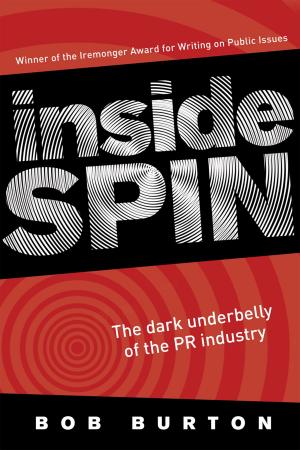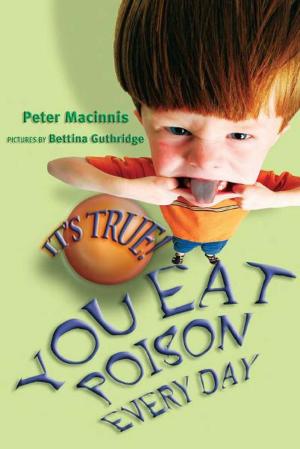| Author: | Peter Stanley | ISBN: | 9781742662169 |
| Publisher: | Allen & Unwin | Publication: | August 1, 2010 |
| Imprint: | Murdoch Books | Language: | English |
| Author: | Peter Stanley |
| ISBN: | 9781742662169 |
| Publisher: | Allen & Unwin |
| Publication: | August 1, 2010 |
| Imprint: | Murdoch Books |
| Language: | English |
Australians have celebrated the Anzacs for nearly a century--but what do we really know of what war did to them? Charles Bean, historian of the citizen soldiers of the Australian Imperial Force, wrote that its history spanned 'the good and the bad'--but so far Australians have only looked at the good.
Leading war historian Peter Stanley reveals the citizen soldiers the army regarded as its 'bad characters'. These were men who went absent and deserted, caught or concealed VD, got drunk and fought their comrades, who stole, malingered, behaved insolently toward officers or committed more serious offences, including rape and murder.
This frank history--the first book on the AIF's indiscipline--shows that it became one of the war's most effective fighting forces in spite of its record for military misbehaviour. Stanley exposes, with a wealth of examples drawn from court-martial files and soldiers' letters, how the war turned some men into criminals, but also how bad characters made the AIF the superb force it was.
Australians have celebrated the Anzacs for nearly a century--but what do we really know of what war did to them? Charles Bean, historian of the citizen soldiers of the Australian Imperial Force, wrote that its history spanned 'the good and the bad'--but so far Australians have only looked at the good.
Leading war historian Peter Stanley reveals the citizen soldiers the army regarded as its 'bad characters'. These were men who went absent and deserted, caught or concealed VD, got drunk and fought their comrades, who stole, malingered, behaved insolently toward officers or committed more serious offences, including rape and murder.
This frank history--the first book on the AIF's indiscipline--shows that it became one of the war's most effective fighting forces in spite of its record for military misbehaviour. Stanley exposes, with a wealth of examples drawn from court-martial files and soldiers' letters, how the war turned some men into criminals, but also how bad characters made the AIF the superb force it was.

